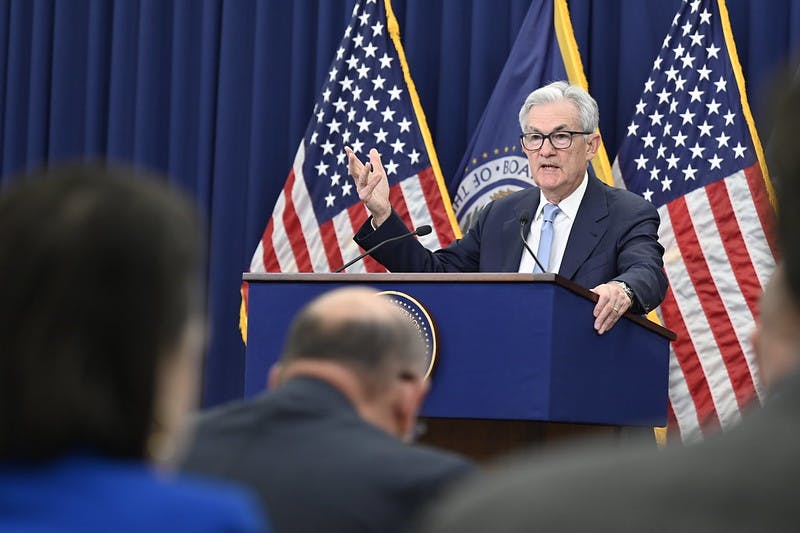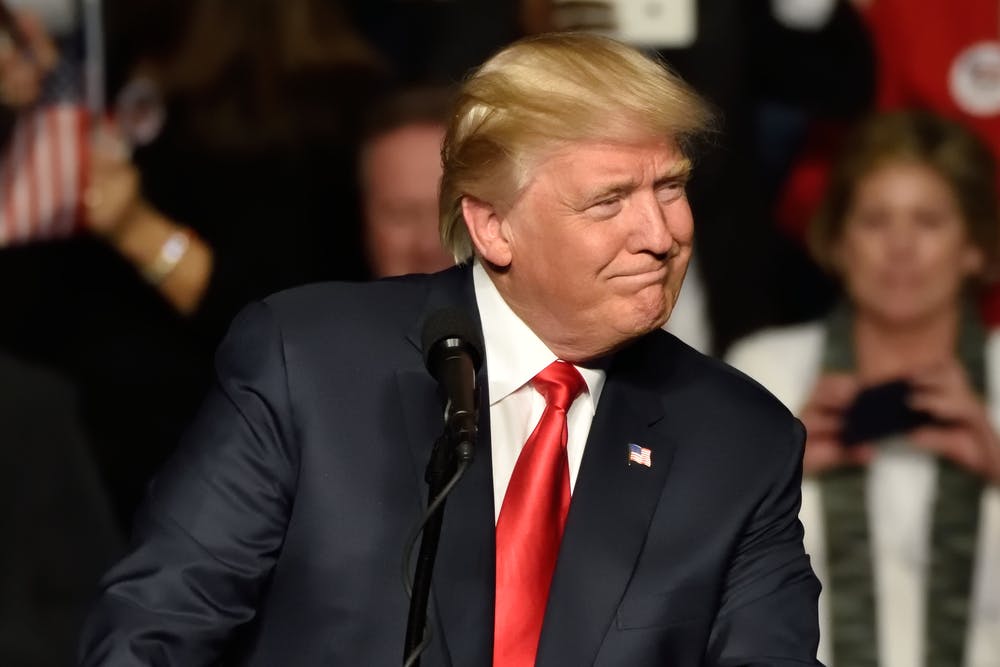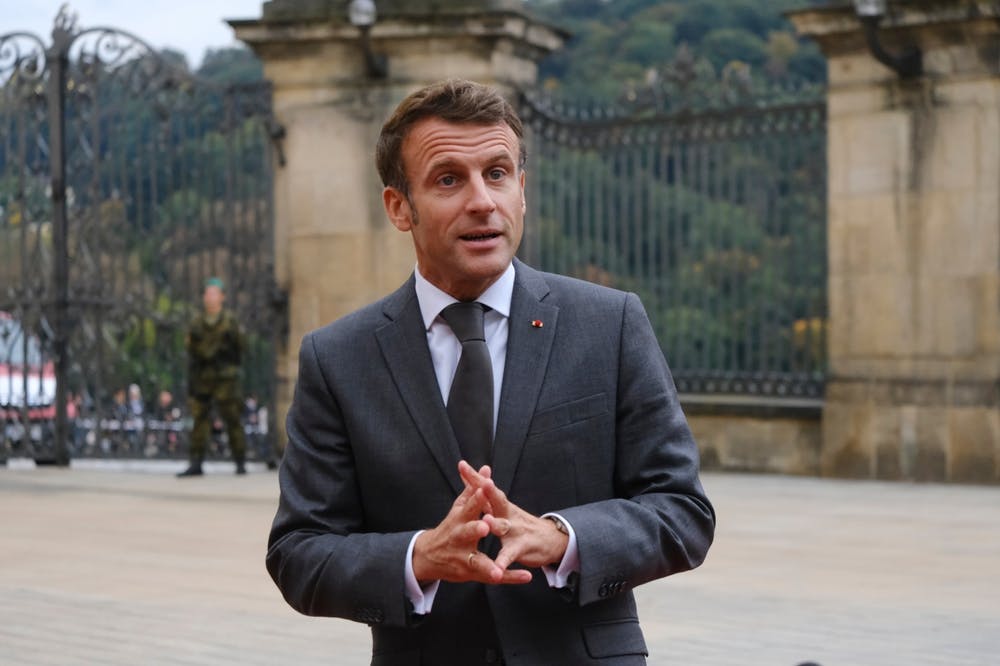A look ahead at the key events leading the news agenda next week, from the team at Foresight News. Delivered to your inbox on Fridays.
Leading the week
President Joe Biden’s son Hunter is expected in court on Wednesday (July 26) to plead guilty to two misdemeanor tax charges as part of a deal with federal prosecutors. Hunter Biden is accused of failing to pay income tax on over $1,500,000 of taxable income in 2017 and 2018, and the case marks the first time the Justice Department has charged the child of a sitting president.
But the investigation and plea deal have come under fire from Republicans, who claim the government’s investigation was biased and that Biden received preferential treatment. Two IRS whistleblowers testified in front of the House Oversight Committee that investigators recommended more serious charges than are included in the plea deal, and that they believe the investigation deviated from traditional procedures. Trump-appointed federal Judge Maryellen Noreika will decide whether to approve or reject the plea agreement at today’s hearing.

The Federal Reserve issues its next rate decision on Wednesday (July 26), after last week’s inflation figures showed the smallest rise since 2021, signalling a cooling that could bring an end to the bank’s aggressive campaign of rate hikes. Fed chair Jerome Powell is widely expected to announce one more rise next week, bringing the benchmark rate to 5.25%-5.50%, but the main question is whether this month’s rise will be the last or whether more action will be needed to ensure inflation continues to fall. Economists will also be keeping an eye on Q2 GDP figures that are due out on Thursday (July 27). Initial estimates for Q1 showed modest growth of 1.1%, stoking fears the slowing economy would tip into a recession, but revised figures released last month showed annualized growth of 2%, fueled by higher consumer spending and exports.

GOP candidates continue their seemingly-endless tour of swing states and early primary battlegrounds next week, but the big ticket event is the Iowa Republican Party’s Lincoln Day dinner on Friday (July 28), which boasts a clean sweep of speakers. Former President Donald Trump makes his first public appearance since announcing this week he’s likely to be indicted on charges related to the January 6 riots and attempts to overthrow the 2020 elections, in what are sure to be measured remarks. Florida Governor Ron DeSantis may use the dinner as part of a mooted campaign reboot as he struggles to close the gap with Trump, while diners can also hear from former Vice President Mike Pence, former South Carolina Governor Nikki Haley, and the rest of the 2024 hopefuls.
Looking abroad
Months of protests and political wrangling come to a head in Israel on Monday (July 24) as the government’s judicial reform bill goes to the Knesset for second and third readings. Public anger over the reforms, which the opposition claims will undermine democracy, led to the legislation being paused in March after unions launched a general strike. The revived bill centers around a ‘reasonableness standard’, placing a limit on the Supreme Court’s ability to overrule government decisions it deems unreasonable. Thousands of protesters have taken to the streets this week as the final vote loomed, including hundreds of marchers carrying out a ‘pilgrimage’ from Tel Aviv to Jerusalem. Mass demonstrations are expected outside the Knesset on Sunday and Monday, while pro-reform supporters are gathering in Tel Aviv.
The legislation has had knock-on effects for an already-cool relationship between US President Joe Biden and Israeli Prime Minister Benjamin Netanyahu, who still hasn’t received a formal invitation to the White House. Biden is reportedly ‘distraught’ over the reforms and has urged Netanyahu to pause them and build a consensus to move forward.

The Indo-Pacific is back in the spotlight as Emmanuel Macron, Antony Blinken and Lloyd Austin all make trips to push competing French and US visions for the region amid tensions with Beijing. Macron begins his week with a three-day visit to the French territory of New Caledonia from Monday to Wednesday (July 24-26), his first since the most recent of three divisive referendums that rejected independence. His stops in Vanuatu on Thursday (July 27) and Papua New Guinea on Friday (July 28) mark the first time a French president has ever visited any of the South Pacific islands that aren’t under French control. Macron has talked of ‘recommitting’ to the region as part of an ‘alternative’ to a US-Chinese battle for supremacy, particularly in the aftermath of France being shut out of the AUKUS nuclear submarine deal in 2021.

Secretary of State Antony Blinken and Defense Secretary Lloyd Austin will make their own push for US influence as they also do some island-hopping ahead of ministerial talks in Australia. Blinken is in Tonga on Wednesday (July 26) to dedicate a new US Embassy before heading to New Zealand on Thursday (July 27) to meet with government officials (and take in a USWNT World Cup match). Austin, meanwhile, will beat Macron to Papua New Guinea, where he’s expected midweek. He’ll become the first sitting US defense secretary to visit the country amid reports that the US military will be granted access to the island as naval base for 15 years. Blinken and Austin will then meet in Brisbane for the AUSMIN talks on Friday and Saturday (July 28-29) aimed at deepening security cooperation.
